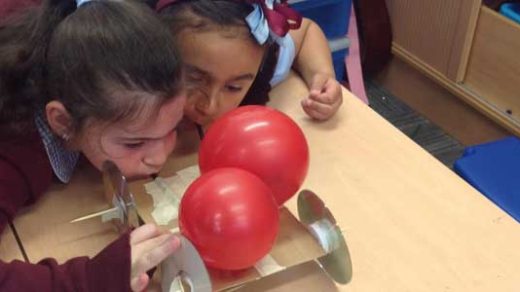New data released on mental health provision in schools

The Department for Education (DfE) recently published new data on mental health provision in schools for Mental Health Awareness Week.
The data revealed there are 3.4 million pupils/learners who are covered by a Mental Health Support Team (MHST) in 2022-23 based on schools and college lists returned from MHSTs, which equates to 35% coverage of pupils in schools and learners in further education (FE) in England.
There are also 6, 800 schools and colleges participating in the MHST programme in 2022-23 based on schools and college lists returned from MHSTs, which equates to 28% of schools and colleges in England who are part of the programme.
Data also revealed that from 11 October 2021, schools and colleges were invited to apply for a senior mental health lead training grant.
The grant was for a senior member of education staff to access DfE quality training to implement an effective whole school or college approach to mental health and wellbeing in their setting.
Up to 31 March 2023, 13, 800 schools and colleges had claimed a grant.
Commenting on the Department for Education’s newest data, Sarah Hannifin, head of policy for school leaders’ union NAHT, said: “School leaders tell us supporting the mental health and wellbeing of their pupils is a key priority but they face significant challenges in doing so.
“We have long called for the government to speed up the roll-out of mental health support teams which can play an important role to in supporting children and young people before any needs escalate.
“This, combined with inadequate government investment in children’s mental health services and local authority services means many pupils are missing out on early intervention and specialist treatment when they really need it.
“There is a real urgency for additional resources to support the mental health and wellbeing of pupils, including access to fully funded counselling for all who need it. The government also needs to invest much more in community services like early help hubs and in specialist treatment.”






